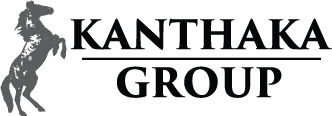WHO HAS ACCESS TO YOUR PRIVATE INFORMATION?
Keep Information Safe, but Accessible in Times of Emergency
You know you need to keep your personal, private information safe and secure. (Read this FTC consumer information here on identity theft.) On the other hand, if no one has access to your information, your family and loved ones may be ill-equipped to help you deal with a crisis.
Health Crisis and Emergencies
Turn on the news and you will likely be confronted with a variety of natural disasters or even widespread public health crisis. (Read about CDD COVID-19 coronavirus facts here.) While you may not be affected by such a calamity, what about even a routine health issue that disrupts your ability to manage your affairs? Do you have a loved one or agent that can manage your affairs if you are unable to?
A Plan for Success
First, determine who could best assist you in a time of crisis. If it’s your spouse, consider having a backup person you trust. Second, create a list of your accounts, user names, passwords, etc. that your loved ones, trusted agent, or personal representative can find and access. Here is a list to get you started:
- Financial accounts (banks, brokerages, retirement or college saving accounts)
- Billing accounts (utilities, water, mortgages, cell phone, etc.)
- Computer access login and password
- Email accounts
- Photo storage sites
- Software applications (tax return, accounting software)
- Location of prior tax returns
- Online subscriptions (automatic renewal accounts, social media accounts))
- Location of a safe deposit box
Creating this list will give you peace of mind. Finally, will this individual be able to act on your behalf? You should consider whether your agent will need a Power of Attorney? We will cover this in a future blog.
If the links above do not work, please try the below.
